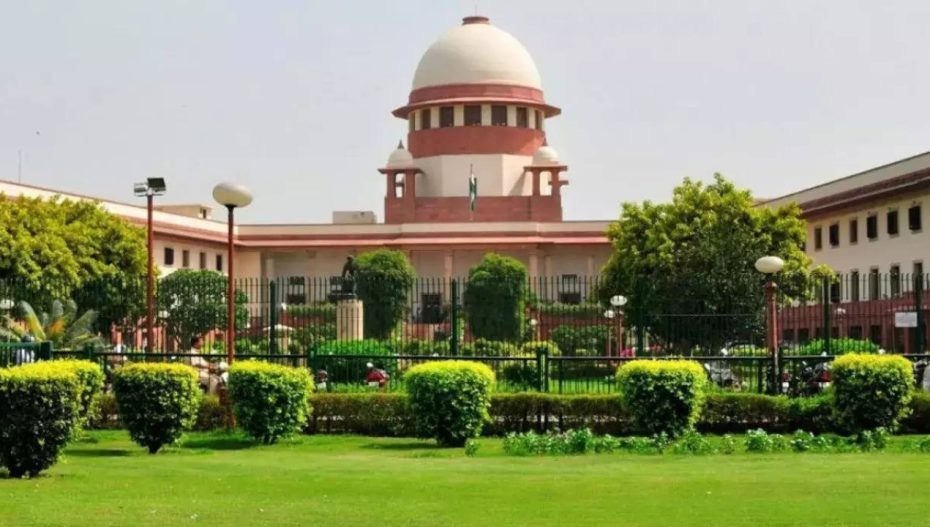In a significant legal ruling, the Supreme Court has barred the Enforcement Directorate (ED) from accessing and copying data from electronic devices seized during raids on Santiago Martin, his associates and employees. This decision could have major implications for how investigative agencies approach the seizure of mobile phones and laptops in future criminal investigations.
The ED conducted searches at 22 locations across six states in November following allegations by Meghalaya Police that Future Gaming and Hotel Services Private Limited, Martin’s company, had unlawfully dominated the state’s lottery market. The raids resulted in the seizure of Rs 12.41 crore in cash.
Future Gaming has drawn significant attention for its substantial political donations. Between 2019 and 2024, the company purchased Rs 1,368 crore in electoral bonds, a controversial financing mechanism. The Trinamool Congress received the largest share of these donations, followed by the DMK and the YSR Congress.
The Supreme Court’s order, issued on December 13, directed that the Future Gaming case be heard alongside other cases challenging the ED’s seizure of electronic devices. These include petitions filed by Amazon India employees and those related to the Newsclick case, where petitioners are seeking guidelines on the seizure of laptops and phones by Delhi Police.
The petitioners in the Future Gaming case argued that the seizure of electronic devices infringed on their fundamental ‘right to privacy’. They emphasised the sensitive and personal nature of data stored on these devices, including financial information, medical records, and business strategies.
The Supreme Court order prohibits the ED from accessing the contents of Martin’s mobile phone and any other electronic devices seized from his company. It also stayed the summons issued by the ED under the Prevention of Money Laundering Act (PMLA) to the extent that they require individuals to provide data from their devices.
While senior ED officials described the court order as “unprecedented,” they maintained that it would not significantly hinder their investigation as they possess other crucial evidence. They also highlighted that they were adhering to the guidelines outlined in the CBI Manual on Search and Seizure of Digital Evidence.
The Future Gaming petition lists 17 mobile phones, hard drives, pen drives and email backups among the seized electronic devices.
Rohini Musa, the lawyer representing Future Gaming, stated that the Supreme Court’s order could set a significant legal precedent. She emphasised that the court has not yet lifted the restraint on the ED and that the agency should be prevented from conducting a “fishing expedition” and compelling the petitioner to incriminate themselves.
The petition also highlights the lack of clear procedures for the seizure and subsequent access to electronic devices, which could lead to unwarranted inquiries.
Future Gaming’s legal team, including former Attorney General Mukul Rohatgi, has informed the Supreme Court that the company has paid GST amounting to Rs 28,205 crore in connection with the operation of state-run lotteries.












